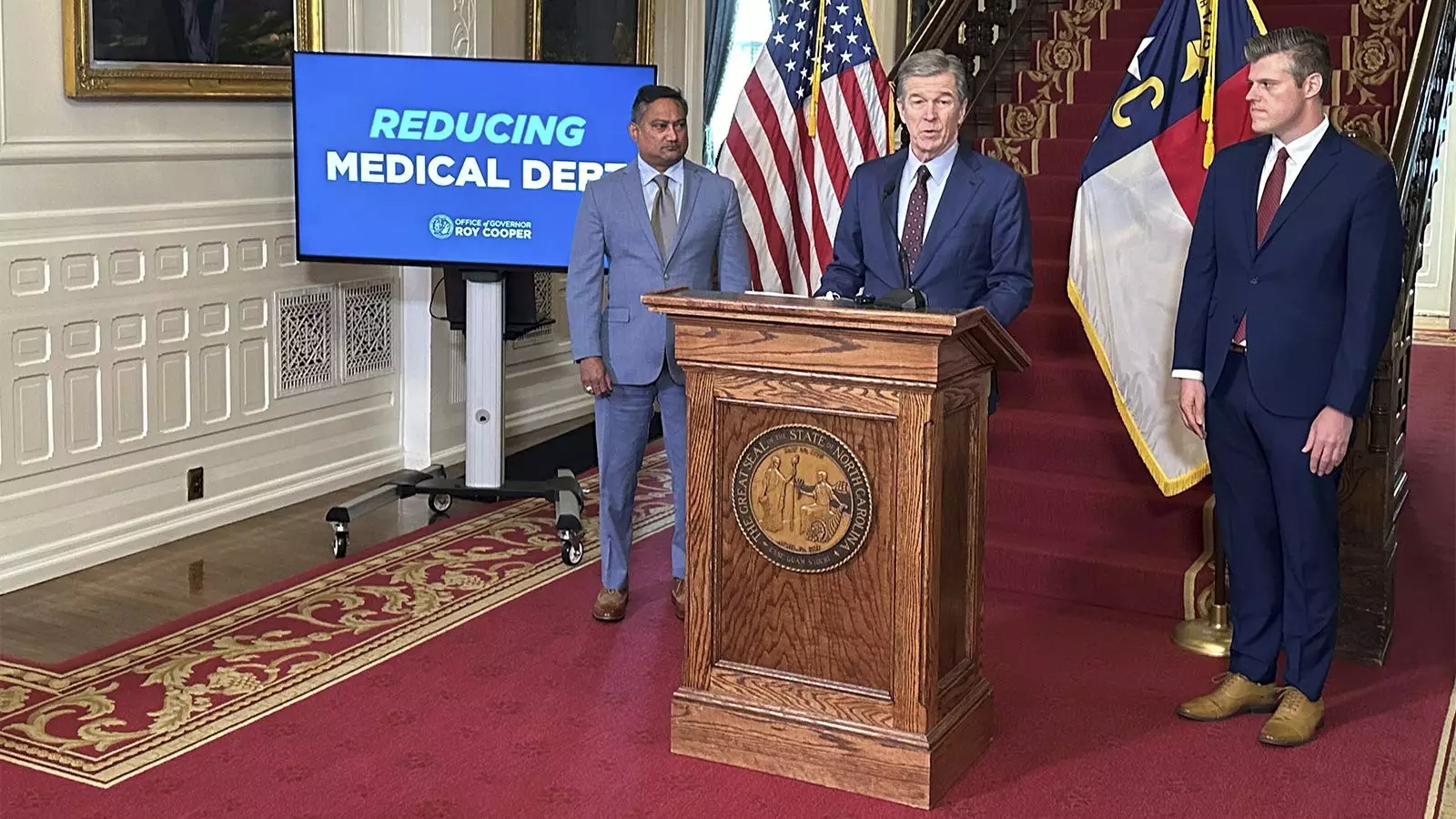In a groundbreaking move, the Centers for Medicare & Medicaid Services (CMS) have approved a proposal by North Carolina Governor Roy Cooper’s administration to implement a unique financial incentive program for hospitals in the state. This program aims to eliminate patients’ medical debt and implement policies to prevent future liabilities.
Under the plan submitted by the state Department of Health and Human Services (DHHS), hospitals in North Carolina will be encouraged to cancel the medical debt of low- and middle-income patients. This initiative is the first of its kind in the country and has the potential to benefit a significant portion of the state’s population.
The proposal focuses on offering enhanced Medicaid reimbursement payments to acute-care, rural, or university-connected hospitals through the Healthcare Access and Stabilization Program. Participating hospitals can receive a higher level of reimbursement if they choose to eliminate patients’ medical debt dating back to early 2014.
Governor Cooper and state health department leaders have expressed their support for the program, highlighting its dual benefits of improving the financial sustainability of hospitals while also enhancing the health and well-being of North Carolinians. DHHS Secretary Kody Kinsley emphasized the positive impact of the debt relief program in a recent release.
While the program is set to be implemented by DHHS, state officials have estimated that debt relief for individuals could start in 2025 and 2026. However, the future of the initiative beyond Governor Cooper’s term in January remains uncertain and could depend on the outcome of the November gubernatorial election.
Despite the potential benefits of the program, hospitals in North Carolina have shown mixed reactions to the debt relief proposal. While some have engaged with state officials to provide feedback and insights, others have expressed concerns about the program’s implications.
North Carolina’s effort to alleviate medical debt stands out as a proactive step in addressing healthcare affordability. While other states and local governments have utilized federal funds to purchase and cancel residents’ debt, the comprehensive nature of the North Carolina program sets it apart.
The approval of North Carolina’s innovative healthcare debt relief program marks a significant milestone in addressing financial barriers to medical care. By providing hospitals with a financial incentive to eliminate patients’ debt, the state is taking a proactive approach to improving healthcare access and affordability for its residents. As the program moves towards implementation, it remains to be seen how it will impact the financial landscape of the state’s healthcare industry.


Leave a Reply